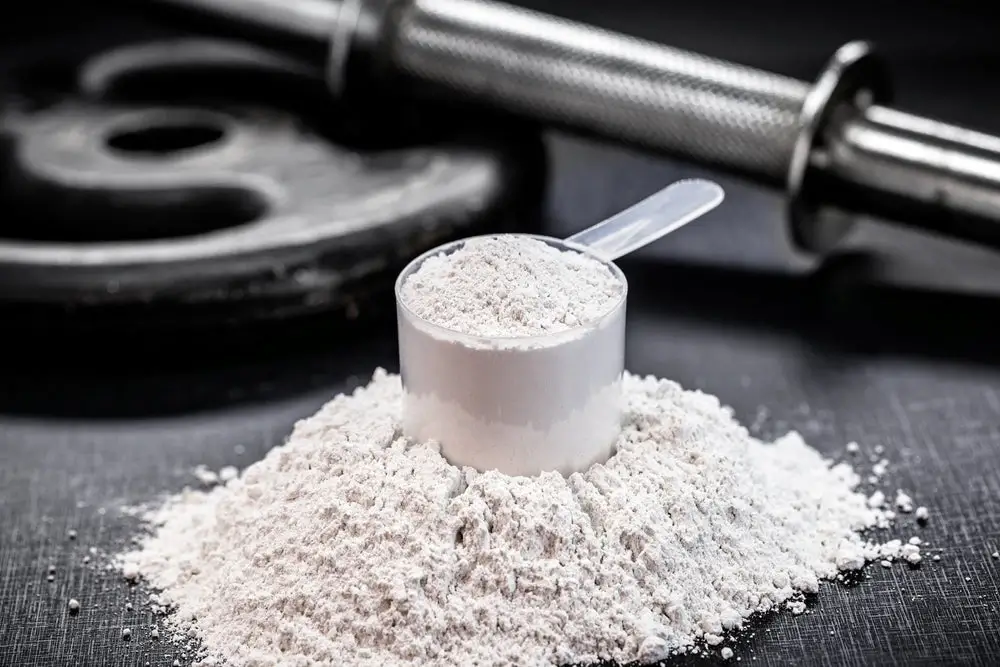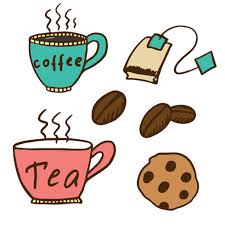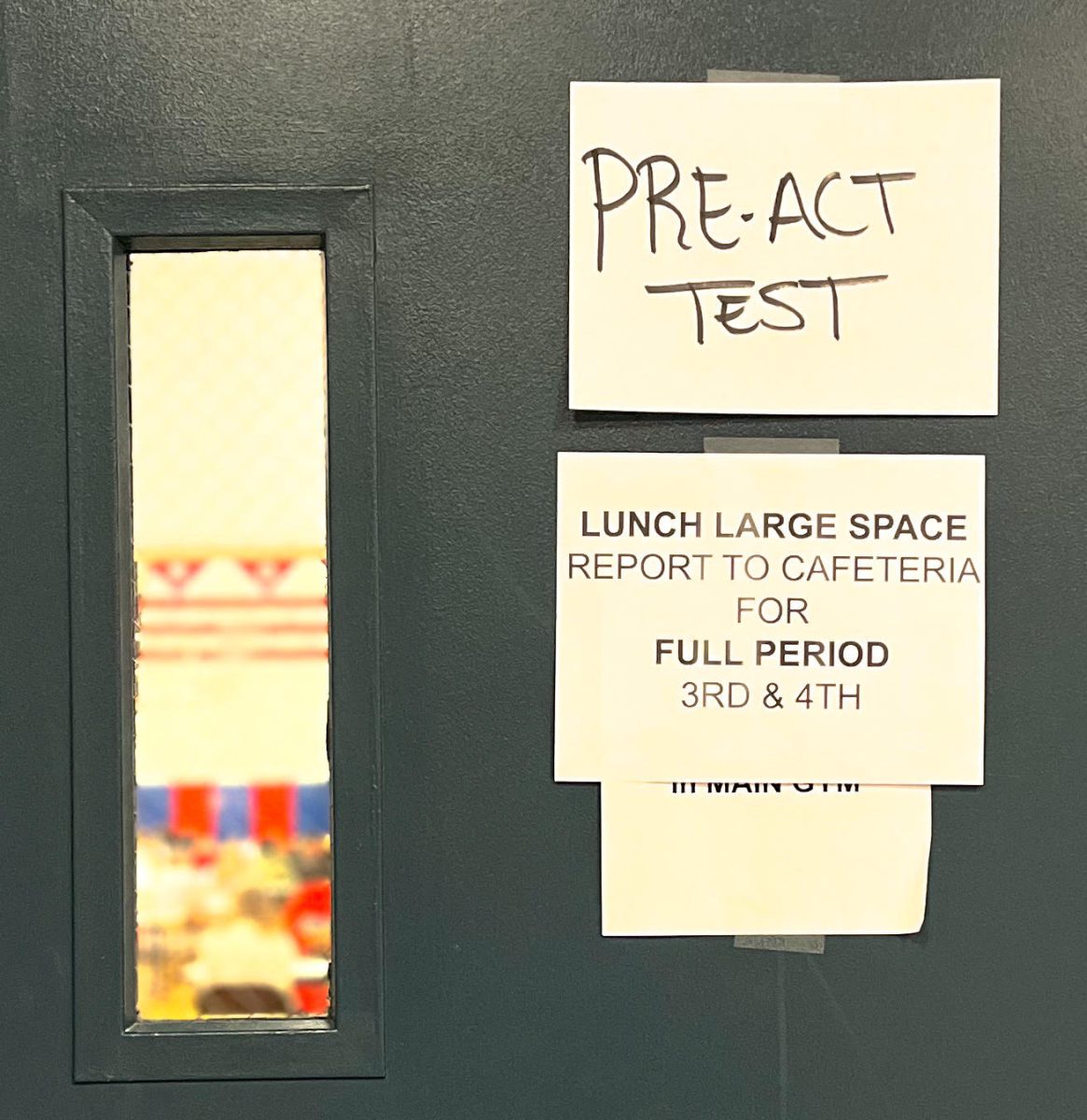Only 9.4% of students in the U.S. have been diagnosed with ADHD (Cross River Therapy). This statistic is problematic when there are so many students struggling in school or at home with symptoms correlated to ADHD. Without a diagnoses, these kids stuggling can’t get the help they need. Teachers and adults in education have been taught in the past to notice the kids who disrupt class, when the kids who tend to procrastinate every assignment or stare off into space need that extra attention just as much. It’s important for teens to know that they aren’t alone in what they are struggling with.
ADHD comes down to a dopamine deficiency. Dopamine is a neurotransmitter that plays a key role in our brain’s reward system. It’s all feelings of pleasure. Dopamine is released when we do things like eating our favorite foods, exercising, accomplishing tasks, and positive social interactions. Bad things like smoking, drinking, scrolling through social media, or any other addictive tendencies release dopamine. That’s why it’s important to know why we are feeling the way we do: it leads to the decisions we make. People with ADHD learn to cope with this dopamine deficiency by participating in these unhealthy habits. How do we transform these unhealthy coping mechanisms to treating ADHD in the right way?
Managing ADHD
Medication improves level of focus, attention, and impulse control. There are stimulants which increase the overall levels of dopamine and nor-epinephrine in the brain. Then there are non-stimulants which target different neurotransmitters in the brain to balance levels of dopamine. Having the right medication specific to your needs is most important, so you must consult with a healthcare professional before any decisions are made.
Supplements are not only good for everyone, but especially helpful for those with ADHD.
- Omega 3 fatty acids proved to help focus and attention.
- Vitamin B.6 and magnesium support cognitive function.
- Zinc is involved in productive neurotransmitter function.
- Iron: Important for overall health and can support congestive roles.
- Vitamin D: Plays a role in cognitive function
Being deficient in supplements can be detrimental in anyone’s health and daily functioning, so it’s important to seek your physician for insight into that.
Stress Relieving Activities:
- Exercise! Doing things to get you up and active for fun will in turn provide you with better concentration when trying to study!
- Mindfulness practice like breathing exercises and meditation can be stress relieving and bring you back into the present moment
- Dietary changes. Reducing sugar and processed food and adding more protein and healthy fats improve consistent brain function. Not cutting out entirely, balance is key!
- Sleep! Probably the most important factor in not only overall health, but simply will determine if you have a good day. 8-10 hours is crucial for teens.
Navigating Academic Success:
- Surround yourself with friends who inspire you and one who you can be productive with or accomplish goals with!
- Taking breaks frequently while completing school work. I recommend that every 25 minutes you work, you take a 5 minute break to relax your mind and refocus the next 25 minutes. And when you complete a task, try rewarding yourself for that hit of dopamine you need.
- Using a planner to keep track of deadlines and making checklists of things to get done today. I like to use my notes app on my iPhone and make my daily checklist a widget on my home screen. A big part of A.D.H.D. is forgetfulness because our brains are constantly thinking about the next thing that needs to be done, so little reminders are especially helpful.
- Although extra time may seem useful. It’s been proven to actually decrease productivity for students with ADHD This is because more time allows for more procrastination and time to overthink. Test taking in a room with minimal distractions and taking breaks is much more useful. Talk to your teacher about what you need because they want to see you succeed as much as you do.
By reducing stigmas and learning about how our brains work, we can not only better support, but ensure resources specific to teens with ADHD It’s vital to make awareness of this disorder while also providing as much support as possible so that students can receive the care and potential in life that they deserve.

























